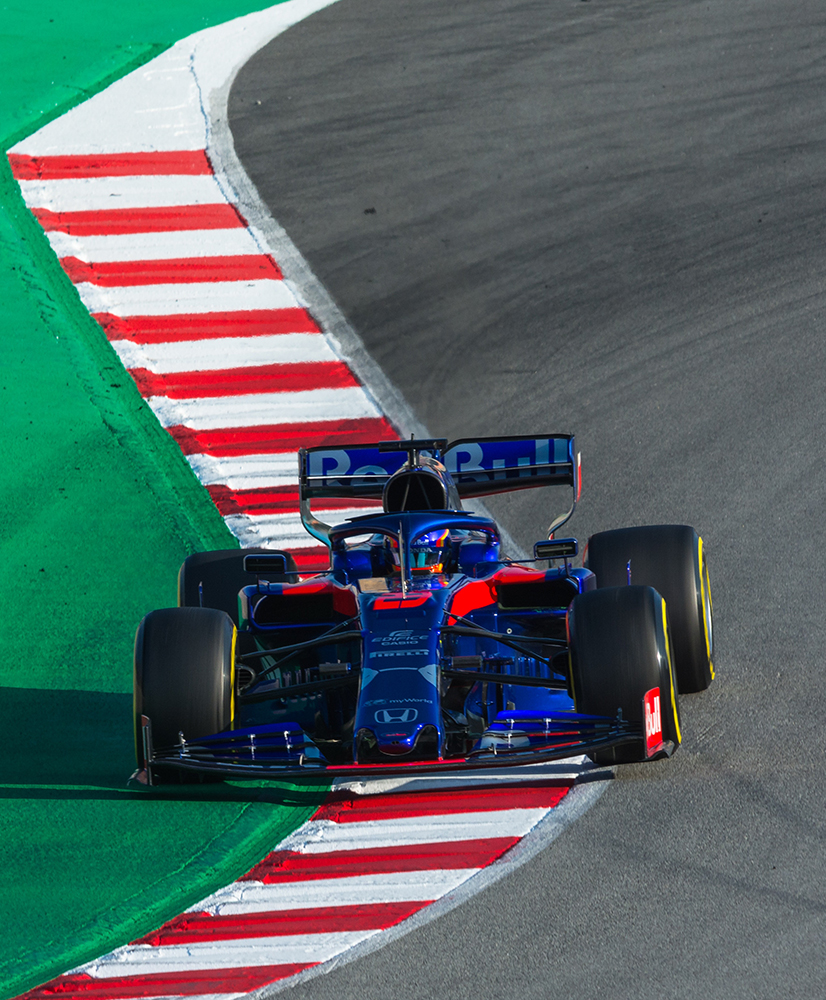
Hundreds of qualified pilots and cabin crew have applied for five jobs on a private jet, as the countrys aviation industry remains awash with unemployed professionals.
More than 200 pilots applied for three positions flying Garden City Helicopter Aviations (GCH Aviation) new Bombardier Challenger 604 late last year.
The company recently advertised for two flight attendants and several hundred people applied.
Garden City Helicopters general manager Simon Duncan said the response had been overwhelming.
READ MORE:* Air New Zealand advertises cabin crew jobs with ‘no international travel to worry about’* To Wuhan and back: Air NZ pilot on his flight to centre of the Covid-19 pandemic* Coronavirus: Pilots navigating a future where flying is not a guarantee* Christchurch helicopter firm takes off with new $25m headquarters
Many applicants had been laid off during restructuring after Covid-19 brought international air travel to a stand still, he said.
We know some of them are doing things like working on ferries and those sorts of things. Theyre pretty overqualified.
The GCH Aviation Bombardier Challenger 604 private jet that began operating in July 2020.
A year after Virgin Australia shut down its New Zealand operations, former Boeing 737 captain Mike Kenyon is working in civil aviation maintenance and administration for a helicopter company in Taup while doing a small amount of pilot instructing.
Im still actively looking for jobs that dont seem to exist.
He was aware of the private jet jobs in Christchurch, but did not apply as he knew they would be keenly contested as others applying had more experience with the aircraft type.
After getting over the initial shock of redundancy, it took him six months to find regular work.
He hoped to return to the flying he was passionate about, but progress towards any type of travel bubble had been glacial in New Zealand.
The rest of the country seems to be moving on at a pace while aviation and tourism are just stuck.
Former Virgin Australia captains Mike Kenyon, left, and Shane Grabham training in a Cessna 152 at Tokoroa Airfield.
NZ Air Line Pilots Association president Andrew Ridling estimated more than 1000 pilots in New Zealand were made redundant, including about 600 pilots from major airlines.
There may be another 600 from tourism and helicopter companies, he said.
This is not just a New Zealand issue, its a world-wide problem.
Last week he learned there were 10,000 unemployed pilots in Europe alone.
In New Zealand, many pilots had taken jobs driving machinery or trucks, but it was a big drop in skill level and income.
Many people did not realise how badly the industry had been affected by Covid-19, he said.
One month it was booming and the next month it was turned off no different to tourism.
New Zealand Air Line Pilots’ Association (NZALPA) president Andrew Ridling believes more than 1000 New Zealand pilots have lost their jobs due to Covid-19.
Despite talk of a trans-Tasman travel bubble appearing more likely, the future remained uncertain for those who wanted to continue in the industry, he said.
Are people going to travel ? Will they be allowed to travel? Theres just so many things up in the air at the moment.
E T Union’s aviation spokesman Savage said thousands of aviation workers lost their jobs in the wake of the worldwide pandemic and probably about 2000 cabin crew members in New Zealand.
Savage said the travel bubble provided some hope for cabin crew who wanted to remain in the industry, particularly Air New Zealand workers who were guaranteed the first crack at new jobs.
Sarah Jones, an ex-Air New Zealand flight attendant, is about to start her fourth job in a year.
GCH Aviation marketing manager Caroline Blanchfield said the company was still working through the applications for cabin crew.
Three pilots were appointed and travelled to Texas for specialised training earlier this year.
The company began operating its first charter jet business in July last year and was seeking more staff as it became increasingly busy.
It was mostly used on domestic routes, when people wanted to move quickly, such as Christchurch to Napier, which would usually take two days to get there and back on large airlines.
We can have a person there and back in a day.
Staff on private jets needed to have very specific training, she said.
Duncan said many of the applicants for the positions did not have the necessary skill set, despite working for airlines and in first class.
They needed to be trained for the safety features of the particular aircraft and required a high level of customer service and confidentiality.
The company is considering expanding its private jet fleet with demand growing for destinations such as Australia and Fiji as Covid-19 vaccines rolled out.

 Subscribe to The Daily Telegraph to get unrestricted digital access, home paper delivery, Apps for iPad and Android, member only +Rewards and much more…
Subscribe to The Daily Telegraph to get unrestricted digital access, home paper delivery, Apps for iPad and Android, member only +Rewards and much more…  Do you compost or buy second hand?
Do you compost or buy second hand?  The Newsreader review: Exhilirating Australian prestige drama
The Newsreader review: Exhilirating Australian prestige drama  Local shares fell on Friday as investors make last-minute adjustments to their portfolios ahead of the main index’s rebalancing, while unease over rising infections grows.
Local shares fell on Friday as investors make last-minute adjustments to their portfolios ahead of the main index’s rebalancing, while unease over rising infections grows. 


